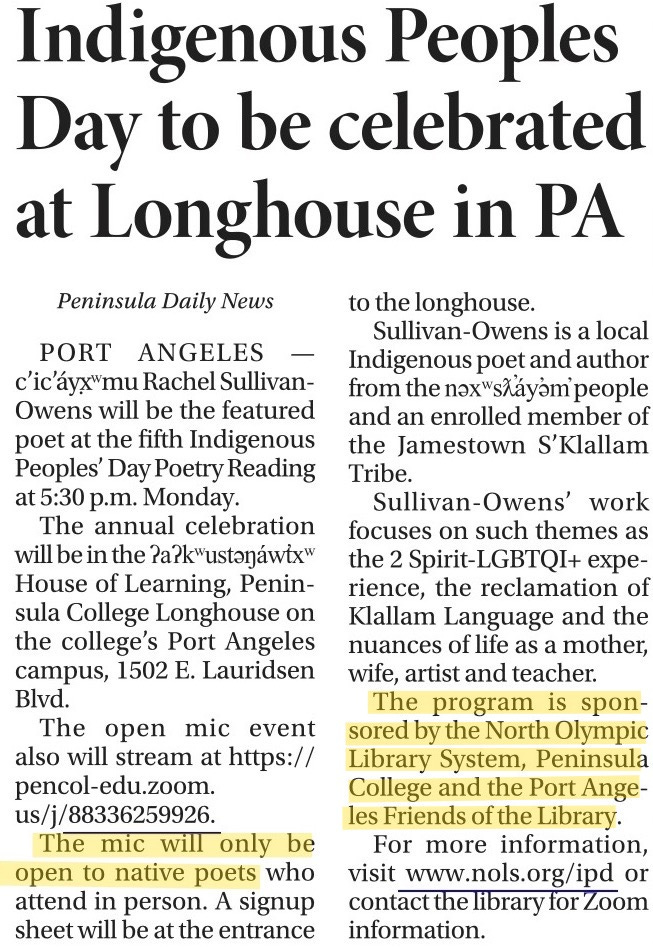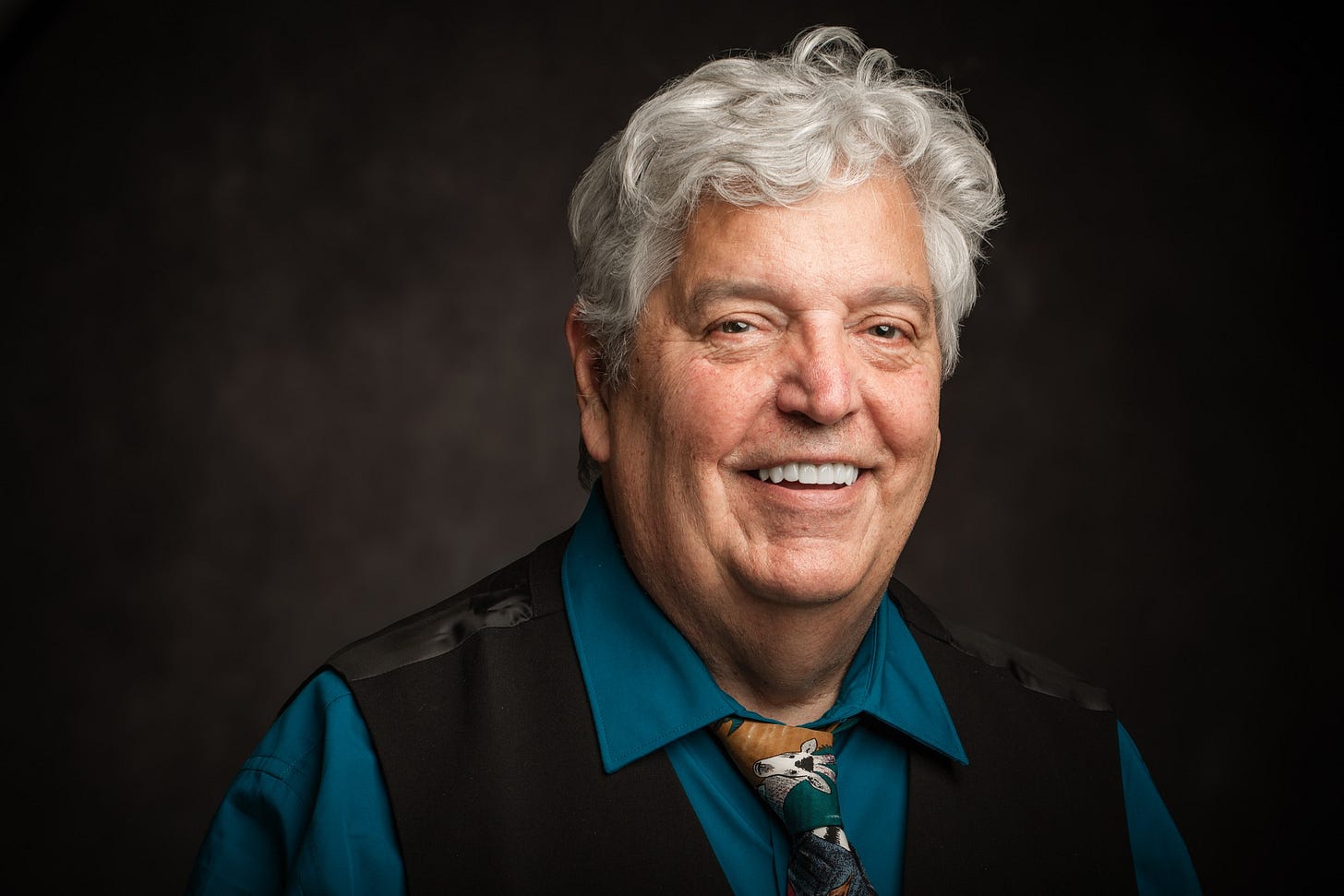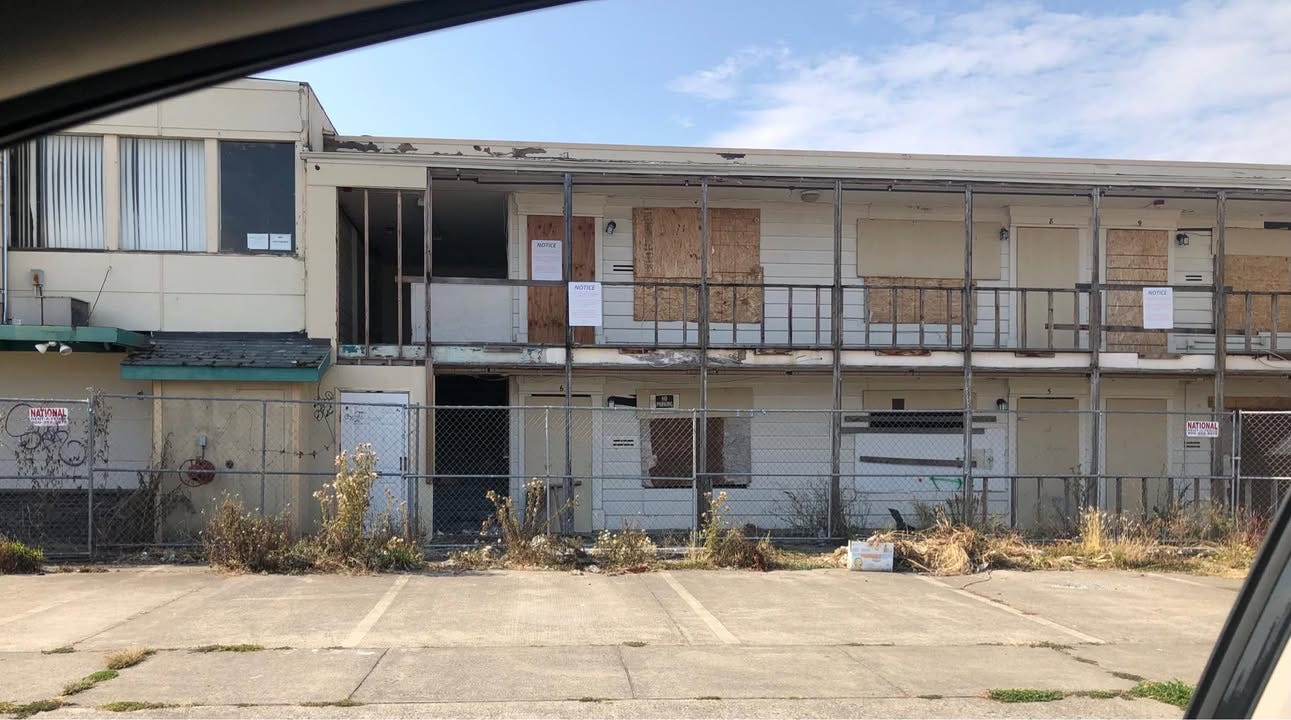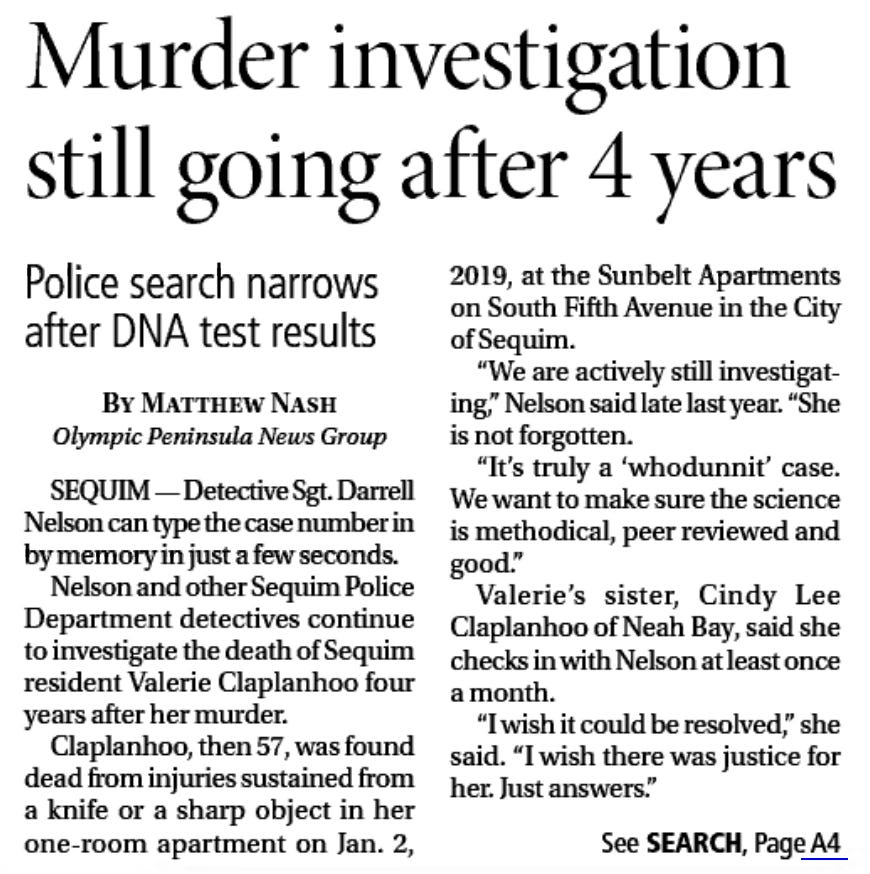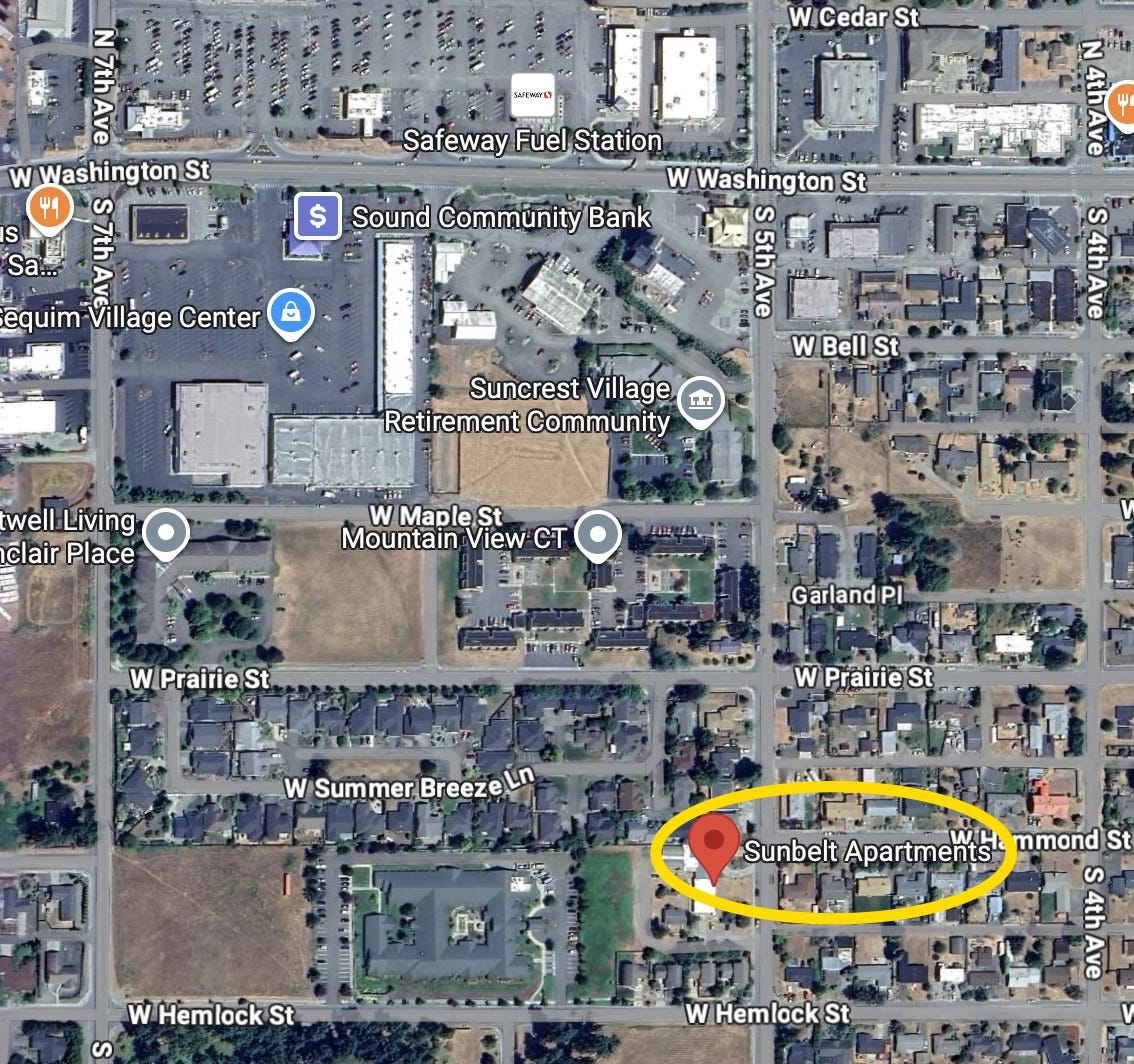This week’s developments across Clallam County highlight a growing concern among residents — that local leaders are prioritizing political comfort and selective causes over public accountability. From talk of layoffs and tax increases to closed-door meetings, selective inclusivity, and costly projects with little oversight, the pattern is clear: public trust is eroding.
A tax hike, a threat, and a trust deficit
As Clallam County Commissioners press for a property tax increase, they’ve warned of “painful cuts” to public safety, public health, and elections if voters reject it. At the same time, the Board announced that by using reserve funds and reallocating money from a now-stalled Dungeness River reservoir project, the County may not face a deficit.

Commissioners have tied budget stability to voter approval, suggesting layoffs of 25 county employees if the measure fails — a tactic some residents see as unnecessary fearmongering. Critics argue that warning of law enforcement cuts while funding less essential programs, such as a poet laureate initiative or private security for a single Charter Review Commissioner, sends the wrong message.
The approach has left many feeling that fear, not transparency, is driving the conversation. When government leaders predicate basic services on tax approval while refusing to consider leadership pay cuts or administrative reductions, it’s difficult to claim shared sacrifice.
Poetry and policy: When inclusion excludes
A Peninsula College event marking Indigenous Peoples’ Day is raising questions about inclusivity in taxpayer-funded spaces. The upcoming poetry reading, sponsored by the North Olympic Library System, Peninsula College, and the Port Angeles Friends of the Library, will feature Indigenous poet Rachel Sullivan-Owens and allow only Native poets to read during the open mic session.
Organizers describe the event as a celebration of culture and heritage, but critics see a contradiction — public institutions are expected to promote diversity, not exclusion. In a county that funds both the college and library through public dollars, the decision to limit participation based on ancestry invites a broader debate about equality in civic spaces.
Efforts to uplift one group should not come at the expense of another. True inclusivity honors all voices, rather than replicating the divisions it seeks to address.
Commissioner Ozias and the question of transparency
Commissioner Mark Ozias’ recent absence from in-person duties has prompted renewed scrutiny over transparency in county government. For over a week, Commissioner Ozias attended meetings virtually while refusing to clarify who he met with or where he was conducting official business.
Public records list only “CMO Virtual,” offering no details about his activities. Past records show Commissioner Ozias traveling to Olympia in his capacity as Vice President of the Washington State Association of Counties — a group that lobbies for higher county taxes — and to Washington, D.C., to explore transferring county park management to tribal authorities.
As the county asks voters for higher property taxes, residents are questioning whether they deserve more disclosure from their elected officials. Public service, after all, comes with a public obligation: transparency in how time — and trust — are spent.
A shifting image: Commissioner French’s contradictions
At a recent public forum, Commissioner Mike French voiced skepticism toward expanding rural noise ordinances, saying, “I think people should be able to do what they want with their private property in rural regions, and so I don’t like the idea of more layers of regulation for rural people.” Yet as a board member of the Olympic Regional Clean Air Agency, Commissioner French recently supported a proposal requiring rural residents to obtain burn permits for yard waste — a move that would increase regulation in precisely the areas he claimed to be protecting.
For many rural residents without internet access or waste services, burning remains their only affordable disposal option. The proposed “free” permit would still introduce bureaucracy to a basic rural necessity.
French’s newfound responsiveness at public meetings — after years of dismissing constituent concerns as “micromanaging” and not of interest to him — has not gone unnoticed. With a likely bid for re-election next year, voters are left to decide whether this engagement marks genuine change or political convenience.
A call for integrity: Marolee Smith Dvorak’s perspective
In a recent Substack essay, Port Angeles City Council candidate Marolee Smith Dvorak reflected on the philosophical and financial challenges of running for local office. Drawing from Oswald Spengler and Friedrich Nietzsche, she questioned whether democracy has become a system controlled by money rather than merit.
Dvorak highlighted the stark funding disparities between candidates — noting that some incumbents have received thousands in donations from political organizations and outside interests, while grassroots candidates often raise nothing. She urged voters to examine campaign finance records and ask why non-local donors or tribal entities are investing in city elections.
Her essay underscored a central point: public service should be about integrity and independence, not influence. For voters seeking a return to local accountability, Dvorak’s message resonates — leadership should be earned, not bought.
Restoring transparency at City Hall: James Taylor’s proposal
City Council candidate James Taylor has called for stronger safeguards against the misuse of “late agenda” items at Port Angeles City Council meetings. Taylor points out that these items — intended for true emergencies — have increasingly been used for symbolic proclamations and policy statements without public notice.
When such items appear at the last minute, citizens lose the opportunity to comment or prepare input, leading to one-sided discussions and eroding public confidence. Taylor proposes clear standards requiring council members to justify any late addition as an urgent matter tied to public safety, legal compliance, or financial protection.
By reinforcing transparency, Taylor argues, the Council can restore public trust and ensure decisions are made with full community participation — not convenience or political expedience.
Concerns rise over public safety in Sequim parks
Reports from Sequim residents highlight growing unease about safety in local parks. A recent incident at Carrie Blake Park involved a man allegedly waving a machete near children participating in a youth orchestra program. Police were called, but the suspect left before officers arrived.
“We saw a man waving a machete at Carrie Blake park yesterday. The children from the kids Orchestra noticed him walking through the band shell buildings. The police were called but by the time an officer showed up the man had “disappeared”. Stay safe Sequim……they are everywhere these days!!!
My daughter described him as a 40-50 year old dirty guy who was large and husky, almost bald, wearing a silver chain and a gold chain, with an oversized Carhartt jacket where he had the machete stashed. He was walking down the breezeway when the kids were going in for Orchestra practice. He wasn’t mean or menacing to the kids but apparently was outside waving the hidden machete around enough to draw attention and a lady saw him and called the police.”
While no injuries occurred, the event underscores concerns about declining public safety and the broader consequences of lenient drug and crime policies. Sequim families are voicing frustration that parks, once viewed as safe community spaces, are becoming unpredictable.
Community vigilance — and responsive policing — will be key to maintaining public confidence as local leaders debate priorities and resources.
Low-barrier housing in Sequim: Promise or peril?
Clallam County Commissioners are preparing to approve $1 million in public funding for a Serenity House redevelopment project in Sequim, intended to replace the aging Sunbelt Apartments with a new 36-unit, low-barrier permanent supportive housing complex that will not require sobriety. The facility would serve residents earning below 30% of the area’s median income, including those with disabilities or experiencing chronic homelessness.
The $12 million project would yield a net gain of just 16 new units after the current 16 are demolished—an estimated $750,000 per unit gained. Critics question whether this represents an effective use of taxpayer resources.
Serenity House’s past operations have drawn scrutiny. In Port Angeles, its low-barrier facility, The Tempest, was eventually shuttered after hundreds of police calls, multiple fires, and repeated complaints about unsafe and unsanitary conditions—including reports of residents defecating from upper-story windows onto sidewalks below.
In Sequim, the Sunbelt Apartments—which the new project is intended to replace—has also seen serious incidents, including an unsolved murder inside the complex. These events have fueled concerns among residents and business owners that the redevelopment could replicate the same problems under a more expensive and publicly funded model.
Supporters of the project say it reflects a compassionate commitment to addressing homelessness. Critics counter that compassion without accountability and results can come at too high a cost—both financially and for neighborhood safety.
Sequim Gazette recognized amid editorial bias concerns
The Sequim Gazette recently received a General Excellence award from the Washington Newspaper Publishers Association. Editor Kathy Cruz, who also oversees special sections for Sound Publishing’s Olympic News Group, earned individual recognition as well.
While the Gazette’s staff deserve credit for their work, some community members note that the paper’s editorial decisions appear increasingly selective — offering monthly columns from County Commissioner Mark Ozias while limiting space for dissenting perspectives or challengers. As local media consolidate under regional ownership, the public’s access to balanced coverage remains an open question.
Celebrating excellence should not mean overlooking bias. A healthy press, like a healthy democracy, thrives on open dialogue and diverse voices.
Unsafe intersections and unanswered questions
Multiple serious accidents occurred this week at intersections along Old Olympic Highway, including Cays, MacLeay, and Kitchen-Dick Roads. County officials say they are seeking grants to study the problem, but meaningful infrastructure improvements remain years away.

Residents are reminded of the Board of Commissioners' earlier decision to redirect state grant funds to the Jamestown S’Klallam Tribe rather than complete the Towne Road realignment project, forcing the County to spend $694,978.56 from its Road Fund to finish the work. Public records show the decision cost taxpayers at least $1.5 million in lost opportunities and additional expenses.
As ballots arrive asking residents to raise their property taxes, many are asking a fair question: why should the public pay more when accountability remains unpaid?



